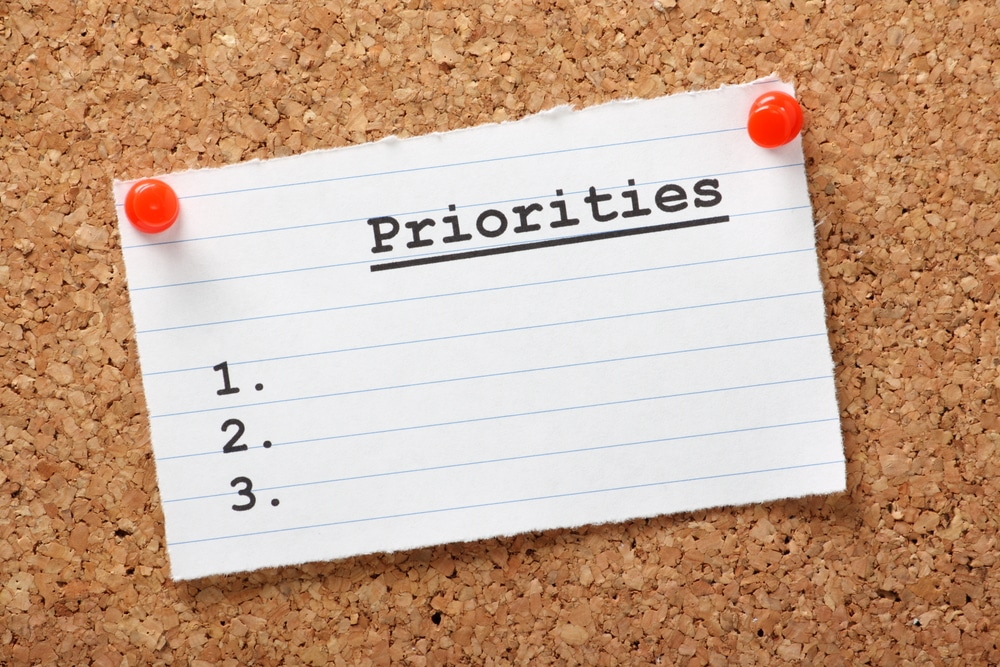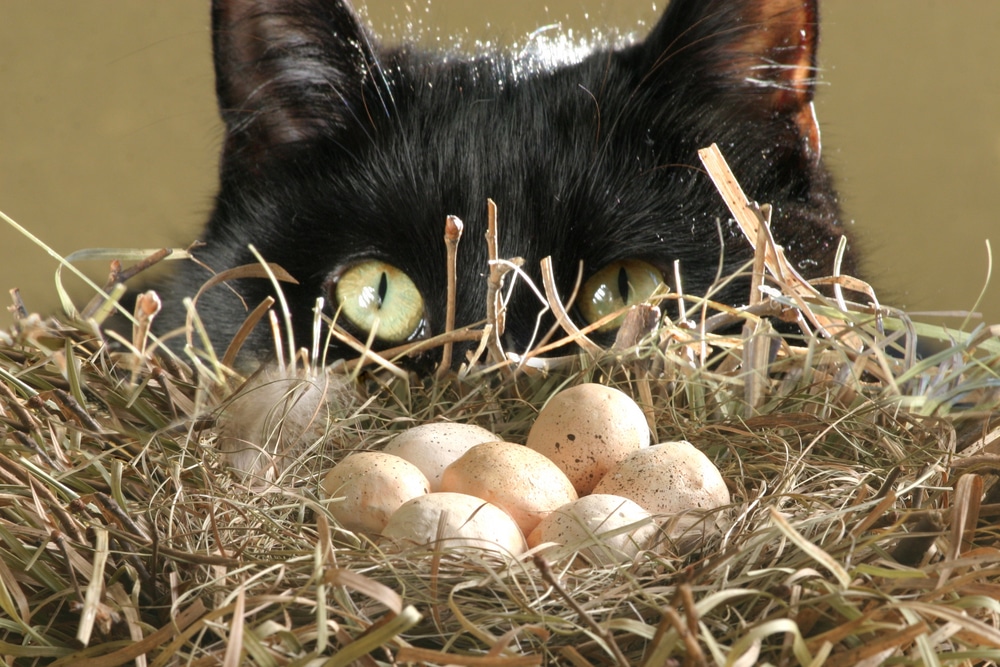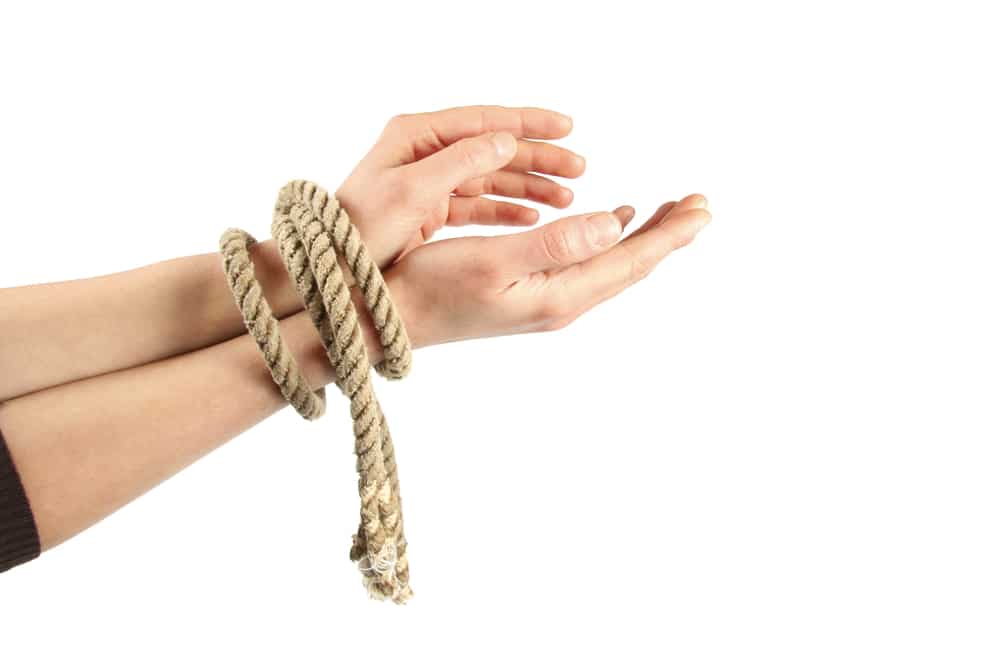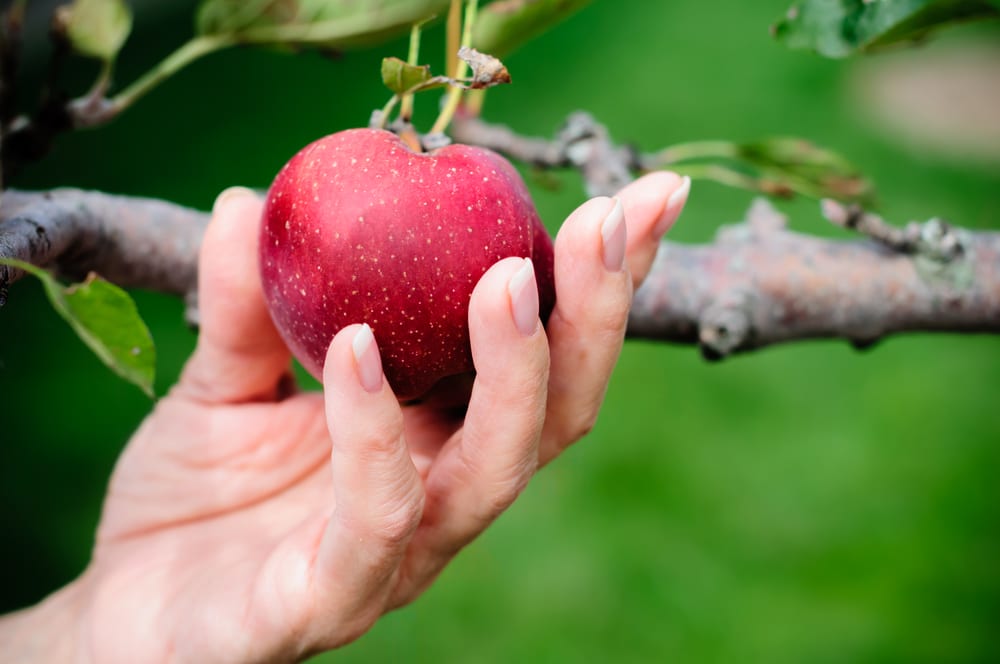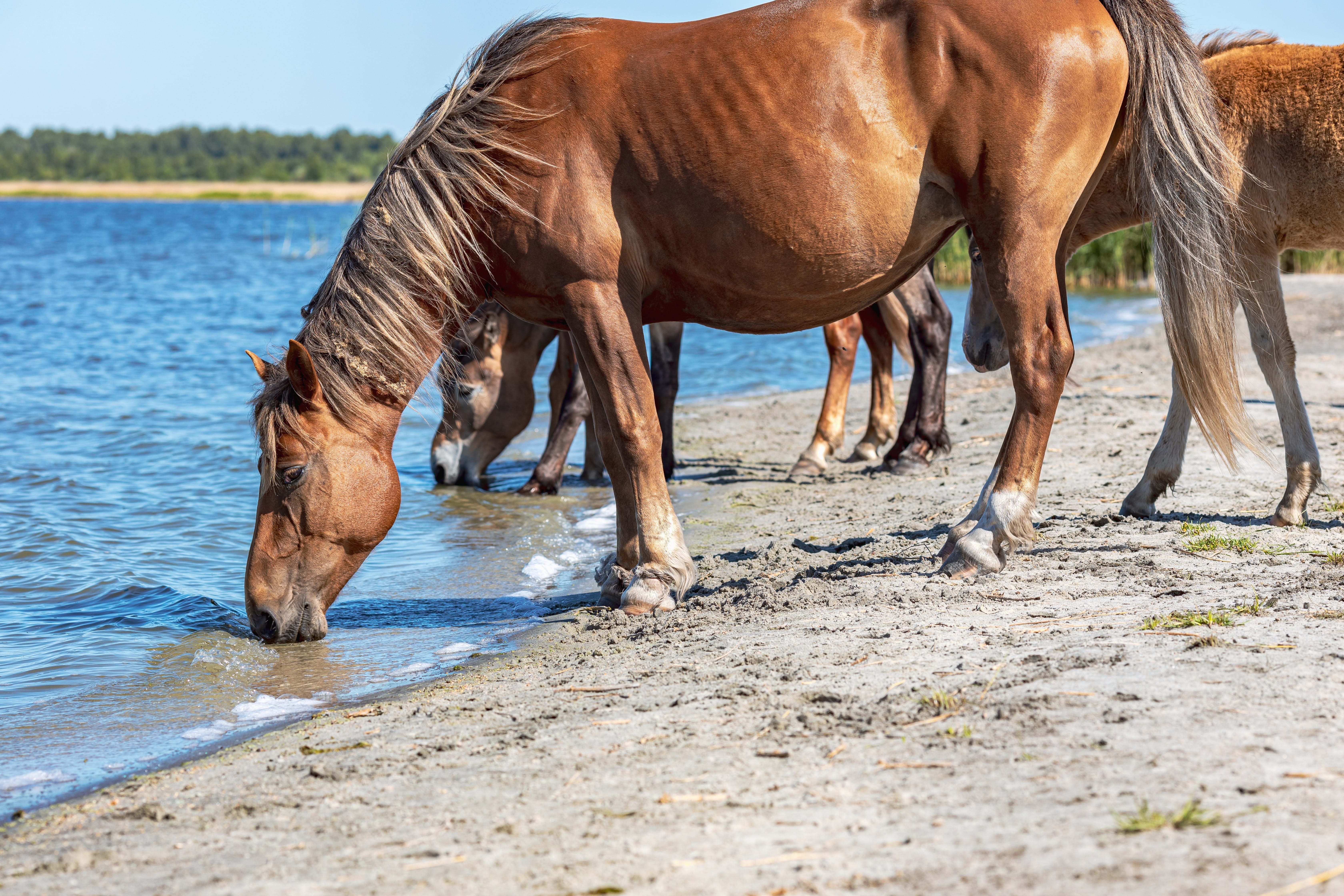
63 Proverbs in English
Have you ever had a day at work where people said the strangest things?
“The cat’s out of the bag,” a co-worker says at a staff meeting. “But it’s no use crying over spilled milk. We can still make a lot of progress today.”
Cats? Milk? What’s going on here? The answer is that your co-worker is using proverbs.
Proverbs are the traditional (historic) sayings of a country or group of people. They are short, clever sentences that usually offer life advice. Native English speakers often use them in conversation without even realizing it.
Proverbs can teach you more about English culture than any textbook. They show what’s important to the group of people, what is considered good behavior and what is bad behavior.
Below are 63 of the top English proverbs, clearly explained just for you!
Contents
- 1. The grass is always greener on the other side of the fence.
- 2. Don’t judge a book by its cover.
- 3. Strike while the iron is hot.
- 4. Too many cooks spoil the broth.
- 5. You can’t have your cake and eat it too.
- 6. Many hands make light work.
- 7. When in Rome, do as the Romans do.
- 8. Don’t cross the bridge until you come to it.
- 9. Honesty is the best policy.
- 10. Practice makes perfect.
- 11. Where there’s a will, there’s a way.
- 12. Look before you leap.
- 13. Beggars can’t be choosers.
- 14. Don’t make a mountain out of an anthill.
- 15. An apple a day keeps the doctor away.
- 16. The early bird catches the worm.
- 17. Better late than never.
- 18. The cat is out of the bag.
- 19. Two wrongs don’t make a right.
- 20. Always put your best foot forward.
- 21. Rome wasn’t built in a day.
- 22. It’s better to be safe than sorry.
- 23. Don’t bite the hand that feeds you.
- 24. The squeaky wheel gets the grease.
- 25. Don’t bite off more than you can chew.
- 26. You made your bed, now you have to lie in it.
- 27. Actions speak louder than words.
- 28. It takes two to tango.
- 29. Don’t count your chickens before they hatch.
- 30. It’s no use crying over spilled milk.
- 31. Don’t put all your eggs in one basket.
- 32. People in glass houses shouldn’t throw stones.
- 33. A rolling stone gathers no moss.
- 34. First things first.
- 35. Still waters run deep.
- 36. If it ain’t broke, don’t fix it.
- 37. Curiosity killed the cat.
- 38. Learn to walk before you run.
- 39. Money doesn’t grow on trees.
- 40. My hands are tied.
- 41. It’s the tip of the iceberg.
- 42. No news is good news.
- 43. Out of sight, out of mind.
- 44. If you scratch my back, I’ll scratch yours.
- 45. Ignorance is bliss.
- 46. Easy come, easy go.
- 47. The forbidden fruit is always the sweetest.
- 48. Every cloud has a silver lining.
- 49. You can’t make an omelet without breaking a few eggs.
- 50. Close, but no cigar.
- 51. There’s more than one way to skin a cat.
- 52. A bird in the hand is worth two in the bush.
- 53. Never trouble trouble ’til trouble troubles you.
- 54. Paddle your own canoe.
- 55. Bitter pills may have blessed effects.
- 56. It’s always darkest before the dawn.
- 57. People who live in glass houses shouldn’t throw stones.
- 58. There are plenty more fish in the sea.
- 59. Take it with a grain of salt.
- 60. From little acorns mighty oaks do grow.
- 61. You can lead a horse to water, but you can’t make him drink.
- 62. Good things come to those who wait.
- 63. When life gives you lemons, make lemonade.
- And One More Thing...
Download: This blog post is available as a convenient and portable PDF that you can take anywhere. Click here to get a copy. (Download)
1. The grass is always greener on the other side of the fence.
“The grass is always greener” is a proverb that says it’s not good to be jealous (to want what other people have). It may seem like everyone around you has “greener grass,” meaning nicer cars, better jobs, etc.
But your neighbor probably thinks you have greener grass, too. It means that your friends and other people might think you have better looks, a happier family, etc. So, instead of thinking about what everyone else has, this proverb wants you to be thankful for what you have.
Sarah always thinks other schools are better. The grass is always greener on the other side, though.
2. Don’t judge a book by its cover.
Things are not always what they seem. This proverb teaches you not to make judgments about other people because of how they look or dress.
A book with a boring or plain cover could be amazing. The same is true with people. A person might look like an athlete or fool, but there’s probably a lot more to them than their clothes suggest.
I thought the movie would be boring, but my friend said not to judge a book by its cover.
3. Strike while the iron is hot.
This old expression comes from the days of blacksmiths (people who work with metal). To shape the metal, the blacksmith would have to beat it with a hammer. Iron is easier to work with when it’s hot.
This proverb means you should take advantage of the moment. If an opportunity presents itself to you, take it! Take action because the chance may not come again.
If you want a discount, you should buy the shirt now. Strike while the iron is hot.
4. Too many cooks spoil the broth.
The more common form of this expression is “Too many cooks in the kitchen.” A lot people trying to work in a kitchen around a small table or stovetop will likely make a mess and ruin the food.
This proverb talks about the trouble of too many people trying to do the same thing at once.
5. You can’t have your cake and eat it too.
If you eat your cake, you won’t have it anymore, will you? So you can’t do both. This proverb is about having two opposite desires, and how it’s impossible to get both.
Its meaning is the opposite of the expression, “to have the best of both worlds.”
6. Many hands make light work.
If a lot of people carry a heavy object, it doesn’t feel heavy. That is the general meaning of this proverb.
If everyone works together to complete something—like cleaning, painting or group projects—then each person has less to do. More importantly, the job will be completed much more quickly.
Please help us with this project. Many hands make light work.
7. When in Rome, do as the Romans do.
Sometimes, this proverb is shortened to just “when in Rome…” When you are a visitor somewhere away from home, you should act like everyone else. It’s polite to do so, and could keep you from getting into trouble.
This proverb refers to the ancient days of the Roman Empire when the capital city had visitors from all over the world. Cultures were very different between cities in those times. But while in Rome, people needed to behave like a Roman, no matter where they came from.
In Japan, bowing is polite, so when in Rome, do as the Romans do.
8. Don’t cross the bridge until you come to it.
This proverb tells you not to worry so much! Problems will certainly come in the future. But what can be done about that now?
It’s better to think about what you’re doing right now—without worrying about the unknown—and take care of issues when they actually happen.
9. Honesty is the best policy.
Lying a lot can be difficult, because you might forget your lies. Soon enough, someone will find out that you’re lying. Then, you’re in trouble. And even if no one ever finds out, you’ll feel guilty for not telling the truth.
But if you’re honest and tell the truth, people will believe you and respect you. You’ll earn their trust and sleep well at night.
Even if you make a mistake, honesty is the best policy. Tell the truth.
10. Practice makes perfect.
It would be amazing if you picked up a guitar for the first time and could play it like a rock star. Or if the first time you got in a car, you could drive like a professional. Or if you could speak English perfectly after one lesson.
Everything is difficult when you’re a beginner. But if you stick with it and keep practicing, you can master anything.
You can get better at soccer by doing drills every day. Practice makes perfect.
11. Where there’s a will, there’s a way.
This proverb is said to encourage people who want to give up. Sometimes, we face problems that seem impossible. But if you want it bad enough, nothing can stand in your way.
That is what this proverb means—if you have the will to meet the problems that are in front of you, there’s a way to overcome them.
12. Look before you leap.
Don’t rush into things! Make sure you know what’s going to happen next. You wouldn’t jump off a cliff without first checking how far the ground is below or what there is to land on.
You should wait a few moments and make sure it’s a good idea to jump from that cliff. So, when making a big “jump” in life, make sure you’ve looked at the situation and really understood it before you take a big action.
When making important decisions, always look before you leap.
13. Beggars can’t be choosers.
If someone gives you free things or offers to help you do something when you really need it, you can’t ask for a different color or choose the perfect time in your schedule.
When you receive help or goods and you don’t really have many other options, you should accept what you’re offered. You can’t be picky (a “chooser”) because you’re not paying!
It’s hard to book a good hotel during peak seasons. Beggars can’t be choosers.
14. Don’t make a mountain out of an anthill.
People sometimes get very upset over small problems. This proverb reminds you to take a moment and see how important (or not important) the issue is.
Messing up your laundry or being late for work isn’t very important when you consider your entire life. So, it’s important to stay calm and not get angry about tiny problems.
Another version of this saying is the classic American proverb, “Don’t make a mountain out of a molehill.”
It’s just a small scratch, Dave. Don’t make a mountain out of an anthill.
15. An apple a day keeps the doctor away.
An apple is full of Vitamin C, which keeps you healthy. However, the “apple” in this proverb means eating healthy in general.
If you eat well and your diet includes a lot of fruits and vegetables, there will be no need to visit the doctor.
16. The early bird catches the worm.
This proverb is a lot like the phrase “First come, first served.” It simply means that it’s usually best to be early.
If you arrive earlier—whether it’s to a clothing store, restaurant, conference, etc.—you’ll have the best options to choose from. If you come later, though, the best clothes could’ve sold out, the restaurant could be full and have a long waiting time, etc.
Wake up early if you want to finish your homework. The early bird catches the worm, after all.
17. Better late than never.
While being the early bird is the best, even latecomers may get something for coming. It would be a lot worse if they never came at all.
This proverb is often said about ending fights with people. It’s better to apologize and make up years later than to never resolve your fight at all.
You can still join the party, Kyle. You know what they say: Better late than never!
18. The cat is out of the bag.
This proverb means that a secret has been told. It comes from the Middle Ages and was common advice given in the market.
You may have thought you purchased a tasty pig, but the seller put a simple cat in the bag instead. “To let the cat out of the bag” was to reveal the seller’s trick.
We were planning a surprise, but now the cat is out of the bag.
19. Two wrongs don’t make a right.
If somebody insults you or harms you (“a wrong”), doing the same to them (“two wrongs”) will not make everything okay.
It will most likely cause a back-and-forth fight without end. If somebody is mean to you, don’t be mean to them in return because it’s not right to be so.
He hit you, but hitting back won’t help. Two wrongs don’t make a right.
20. Always put your best foot forward.
When you’re starting on a project or a journey, it’s best to start with a good attitude and a lot of energy. First impressions (what people think about you when they meet you for the first time) can last for a long time.
That’s why this proverb is also used when meeting new people or for job interviews. Having a positive attitude—your “best foot”—is the best way to make a good impression.
In the job interview, remember to smile, be confident and always put your best foot forward.
21. Rome wasn’t built in a day.
Rome is a great city. However, it took many years to be completed. The builders didn’t rush to complete their work and neither should you.
If you wish to create something wonderful and long-lasting, you’ll have to spend more than a day working on it. You’ll probably have to spend several days, weeks or even months to do a good job. Take your time and do it right!
It’s okay that you don’t draw like an expert in the beginning. Rome wasn’t built in a day.
22. It’s better to be safe than sorry.
Do everything possible to keep bad things from happening to you. It only takes a second to put on a seatbelt or to check that you locked the door.
But if you’re not safe, the bad results can last a lifetime. So, it’s better for you to be careful. Otherwise, you’ll be sorry.
Wear your helmet when biking. It’s better to be safe than sorry.
23. Don’t bite the hand that feeds you.
This proverb warns against acting mean to those who provide for you or do nice things for you.
If you were to bite the hand that gave you food, that hand probably won’t come back to feed you again. Then what would you eat? So, you should be kind and thankful to those who care for you.
Even if you’re upset, be nice to your boss. Don’t bite the hand that feeds you.
24. The squeaky wheel gets the grease.
If you have a problem but never talk about it, no one will help you. How could they? But if you tell someone, things will get better.
This proverb is about someone who complains a lot (the “squeaky wheel”) because they get more attention (“the grease”). For example, a child who cries a lot will get more attention from his mother than his silent brothers and sisters.
If you need help, speak up! The squeaky wheel gets the grease.
25. Don’t bite off more than you can chew.
If you take a bite of food that’s too big, you won’t be able to chew! Plus, you could choke on all of that extra food.
It’s the same if you take on more work or responsibility than you can handle—you’ll have a difficult time. So, it’s best not to get involved in too many projects, because you won’t be able to focus and get them all done well.
26. You made your bed, now you have to lie in it.
No one likes sleeping in a poorly made bed. If you make your bed with the sheets all tangled and blankets facing the wrong way, you can’t switch with someone else. You have to sleep in that bed.
This proverb uses bed-making to describe any bad situation in which you may find yourself. You can’t trade places with anyone else. You must live with the results of your actions, so make good choices.
27. Actions speak louder than words.
The Greek philosopher Plato once said that action is character. People aren’t defined by what they say because a lot of talk doesn’t mean anything. People are judged by the things they do. Your actions are more important than what you say.
Instead of promising to help, just help. Actions speak louder than words.
28. It takes two to tango.
This proverb is often said during a fight in which one person is putting all of the blame on the other person, when both people were actually responsible.
Just as one person can’t tango (a Spanish dance with two people) alone, two people are responsible for some situations, so you can’t just blame one person.
In a relationship, it takes two to tango.
29. Don’t count your chickens before they hatch.
This proverb warns against being too eager. Just because you have five eggs doesn’t mean you will have five chickens. It’s not a good idea to make plans based on expectations (what you think will happen). Things may not happen like you thought they would and that could get you in trouble.
I know you’re excited about the job interview, but don’t count your chickens before they hatch.
30. It’s no use crying over spilled milk.
Milk is easy to get. You may get in trouble for spilling the milk, but you shouldn’t cry because it isn’t a big deal. Also, crying won’t solve anything.
This proverb advises you to stay calm during such small problems. Don’t waste time worrying about little things that cannot be changed. Clean up the mess and go buy some more milk.
31. Don’t put all your eggs in one basket.
Be careful! If you put all your goods in one bag or all your money in one stock, you’re taking a big risk. It’s smarter to spread your wealth around. That way, if one basket should break, you’re not left with nothing.
When it comes to investing in stocks, don’t put all your eggs in one basket.
32. People in glass houses shouldn’t throw stones.
“People in glass houses” means anyone who is sensitive about their failures. People like this shouldn’t insult others (shouldn’t “throw stones”), because the other person will likely turn around and insult you back.
And like glass, which is easy to break, your self-esteem (what you think of yourself) will easily break into pieces.
33. A rolling stone gathers no moss.
Only a stone that’s in the same place for a long time will have moss growing on it. On the other hand, a stone on the move will remain bare.
The same is true with people. If you remain in one place for a long time, the signs of life—friends, family, objects and your local reputation (what people think of you)—will grow on you. But if you always move from place to place, the opposite will happen.
Sarah loves to travel and try new things, because she believes that a rolling stone gathers no moss.
34. First things first.
This proverb advises you to do things in the right order. Don’t skip over the more difficult or less enjoyable tasks to get to the easier, more fun ones.
For example, if you have an exam to study for the same night your friend is having a party, study for the exam first. The party would be more fun, but the exam is more important, so it should be done first.
First things first: Finish your chores before you start your homework.
35. Still waters run deep.
“Still waters run deep” describes people who are quiet and calm. These people often have “deep,” interesting personalities. So even if someone doesn’t talk a lot, they could still be very thoughtful.
The proverb uses water to describe people. When the surface of a body of water is rough and fast, it usually means that it’s shallow (not deep) and has rocks close to the surface, like in a river or stream. But water that is calm and still is often very deep, like in a lake.
John may seem quiet, but still waters run deep.
36. If it ain’t broke, don’t fix it.
This phrase is used when someone is trying to change or “improve” a way of doing something that works perfectly well. Why change something that works? You could ruin everything! This proverb goes nicely with the expression “leave well enough alone.”
*Note: “Ain’t” is not correct English. It’s an informal way of saying “isn’t” or “is not.” This style of speaking is popular in the Southern states of the United States and in farming regions.
Our company has a general policy along the lines of “if it ain’t broke, don’t fix it.“
37. Curiosity killed the cat.
This proverb is often used to stop someone from asking too many questions.
Curiosity (when you’re excited and eager to know something) can lead you into dangerous situations. Cats, who are naturally curious, often end up in trouble. They can get stuck up in trees or between walls.
38. Learn to walk before you run.
Do things in the right order—from the simplest to the most complicated.
For example, don’t try to read a difficult English novel when you’re just starting to learn English. If you try to jump ahead, you’ll most likely fail—just like a child who tries to run before learning to walk will fall.
All things will come in time, but you must be patient and go through the proper process.
Before you study calculus, you’ll want to master algebra first. Learn to walk before you run.
39. Money doesn’t grow on trees.
This proverb is often said to people who waste their money on silly purchases.
Things that grow on trees, such as fruit or leaves, are considered plentiful (enough, plenty) because they’ll grow back. If you eat an apple from a tree, more apples will continue to grow.
But money must be earned through hard work, and doesn’t “grow back” after you spend it. Once you spend money, it’s gone.
We can’t buy everything we want. Money doesn’t grow on trees, you know.
40. My hands are tied.
This phrase shouldn’t be taken literally. You say this proverb when you can’t do what you would like to do, especially when someone asks you to do something.
For example, let’s say you are in charge of an office and everyone (including you) wants to celebrate someone’s birthday. But your boss tells you it’s against the rules. You could tell your coworkers, “Sorry, my hands are tied.” You would like to have a birthday celebration with them, but you can’t.
I would love to help, but my hands are tied. I have too many assignments to complete.
41. It’s the tip of the iceberg.
Only a small amount of an iceberg can be seen above the surface of the water. Most of it lies below.
This proverb uses the iceberg to describe a situation where you are only beginning to understand the problem. The little signs that you can see are in fact part of a much larger problem.
The argument was just the tip of the iceberg. There are deeper issues that need to be addressed.
42. No news is good news.
No information about a situation suggests that nothing bad has happened. This phrase is said by families waiting nervously for news of a father or son who has gone to war.
To receive news would mean hearing that your loved one has been killed, captured or hurt. Even though it’s difficult to know nothing about what’s happening, it’s still better than hearing bad news.
I haven’t heard from the job interview yet, but no news is good news, right?
43. Out of sight, out of mind.
If you can see something every day, your mind will think about it. This proverb is about the habit of forgetting things that are not nearby.
For example, if you want to stop eating chips and junk food, you could move them from the countertop and hide them in a cupboard. If you don’t see them, you won’t think to eat them. Out of sight, out of mind.
Since I moved to a new city, my old friends are out of sight, out of mind.
44. If you scratch my back, I’ll scratch yours.
This proverb simply means that if you help me, I’ll help you, too. Usually, when you do a favor for someone, they do something for you in return. This can be beneficial (helpful) to both people.
45. Ignorance is bliss.
Ignorance is when you don’t know or are unaware of something. Bliss is pure joy and happiness. So, sometimes it feels better and you’re more comfortable when you don’t know about certain things—for example, events on the news.
Sometimes, not knowing the harsh reality can be better—as they say, ignorance is bliss.
46. Easy come, easy go.
Money, fame, love or anything that happens easily can be lost just as quickly. If you get a lot of money or suddenly become famous, you could lose that money or fame very quickly—since you didn’t work hard to earn it.
I found 20 dollars on the street, but I lost it later in the day. Well, easy come, easy go.
47. The forbidden fruit is always the sweetest.
Forbidden means it’s not allowed, so this phrase means that if something isn’t allowed, you often want it the most (it will “taste” the sweetest).
For example, let’s say you’re a kid whose parents don’t let you drink soda. You go to a friend’s house, and her parents ask if you want a soda. You say yes and really enjoy that soda because you never get to drink it at home.
48. Every cloud has a silver lining.
People say this when things are going badly or when someone is sad. Clouds stand for bad situations. Every bad situation has some good parts to it—you just have to look for them.
This proverb is meant to help people feel better and keep going. It’s also where the name of the movie “Silver Linings Playbook” came from.
Even though I lost my job, I found a new opportunity. Every cloud has a silver lining.
Speaking of movies, you can watch more of these proverbs in action through the language learning platform FluentU.
FluentU takes authentic videos—like music videos, movie trailers, news and inspiring talks—and turns them into personalized language learning lessons.
You can try FluentU for free for 2 weeks. Check out the website or download the iOS app or Android app.
P.S. Click here to take advantage of our current sale! (Expires at the end of this month.)

49. You can’t make an omelet without breaking a few eggs.
An omelet is a tasty dish and worth the effort to make. However, you must break some eggs to make it.
Sometimes, to get things done, you have to be pushy or break a few rules. You may even have to insult some people. So if you want to get a worthwhile project done or make changes, you can’t please everyone. Someone might be offended or hurt, so you have to decide if the price is worth it.
Don’t be discouraged by setbacks. You can’t make an omelet without breaking a few eggs.
50. Close, but no cigar.
In the old days, fairgrounds would give cigars as prizes for games. The phrase “close, but no cigar” means that you were close to succeeding in the game, but you didn’t win the cigar.
As a proverb, it means that even though you did your best or almost had it right, you weren’t able to meet your goal.
I was close to winning the race, but I came in second place. Close, but no cigar.
51. There’s more than one way to skin a cat.
This proverb is saying that there’s more than one way to do or accomplish something.
For example, during your English learning journey, you’ve probably been told “this is the best way” or “this is the best resource,” but “the best” is really whatever personally works for you. You have to figure out the best way to skin the cat—figuratively, of course!
If your initial plan doesn’t work out, don’t worry. There’s more than one way to skin a cat.
52. A bird in the hand is worth two in the bush.
Sometimes, we take for granted what we have, and also don’t realize what we have until it’s gone. This proverb claims that the most valuable thing you have is what you already have!
For example, let’s say you have $100. You could just put this $100 into your savings account, or you could take it to Las Vegas to try to turn it into $1000. But it’s likely that you’ll lose it. So, stick with the bird (that $100) in your hand.
53. Never trouble trouble ’til trouble troubles you.
This is saying that you don’t go looking for problems and making things more difficult for yourself.
You’ve probably noticed that the word “trouble” is repeated four times in this proverb—twice as verbs and twice as nouns.
In English, many words can be used as different parts of speech.
Don’t worry about things you can’t control. Never trouble trouble ’til trouble troubles you.
54. Paddle your own canoe.
This verb is saying that you should be independent and not rely on others so much. It’s possible to have more than one person paddle a canoe, but if you want to succeed in life, you need to learn to do it on your own.
Take charge of your own life and decisions; in other words, paddle your own canoe.
55. Bitter pills may have blessed effects.
This proverb says that the remedy or solution to a problem might not be pleasant, but the end result can be wonderful.
For example, exercise may not be fun while you’re doing it, but if you stick with it, you’ll be healthier.
The criticism was tough to hear, but it made me improve. Bitter pills may have blessed effects.
56. It’s always darkest before the dawn.
This proverb is a good reminder that darkness is always followed by light.
At some point during your English learning journey, you’ll likely encounter a phase (hopefully, a very short one) where you feel like you’ve hit a wall, you’re frustrated, you don’t feel like you’re progressing or you feel like you just want to give up.
This is the darkest moment!
But if you stick with it and keep practicing and putting in the effort, the dawn (i.e., you being fluent in English) will eventually come!
I know you feel terrible right now, but it’s always darkest before the dawn.
57. People who live in glass houses shouldn’t throw stones.
This proverb advises against being a hypocrite (someone whose words don’t match what they do, or vice versa).
For example, this proverb would apply to a classmate who’s being mean to someone because they didn’t know what a certain word meant in English, even though this classmate often makes a lot of mistakes in English.
58. There are plenty more fish in the sea.
This proverb is mainly used to offer condolences (sympathy) to someone who has just broken up with their significant other. This proverb suggests that the heartbroken person shouldn’t worry too much because there are plenty of other potential partners out there.
This proverb might be incorporated into a conversation like this:
Your friend: Shelly just broke up with me. I’m going to be alone forever!
59. Take it with a grain of salt.
Meaning: Don’t take something someone says or does too seriously.
This proverb can be used when someone is telling you something that probably isn’t entirely true. In this case, you’d take what they say with a grain of salt.
We all know someone who always exaggerates or doesn’t tell the entire truth. These are the types of people whose words should be taken with a grain of salt.
When listening to gossip, it’s wise to take it with a grain of salt. Not everything may be true.
60. From little acorns mighty oaks do grow.
This American proverb reminds us that great people and accomplishments often come from modest (simple) beginnings. This proverb can certainly be applied to your English language learning journey!
You might have started with little to no understanding of the English language. But from these humble beginnings, you can grow into a strong English speaker!
61. You can lead a horse to water, but you can’t make him drink.
This strange proverb actually has nothing to do with horses.
It means that you can give someone something that they need (like water in this case), but there’s no way you can force them to use that something (or drink the water) until they’re ready to do it.
In other words, you can’t force someone to do something, even if it’s good for them.
For example, your parents can give you money to attend university, but they can’t make you actually go to class. That decision is totally up to you.
62. Good things come to those who wait.
Patience is valued in American culture, so this proverb tells you that waiting—although boring—can lead to great outcomes.
For example, let’s say you want to buy a new car. Well, it may take a while because you have to work and save your money. But after a year, you finally have the money and the model you wanted to buy is way better than last year’s model. So, the wait was worth it!
63. When life gives you lemons, make lemonade.
In American culture, “lemons” are often bad things. They’re sour and pretty much useless on their own. You’d much rather have a fresh strawberry or an orange.
So, when life gives you lemons (hardship), just squeeze those lemons into a glass, add a little sugar or water and have a delicious and refreshing drink. You’ve turned something bad into something great!
English has many proverbs, and these are just the tip of the iceberg.
But you don’t want to bite off more than you can chew. Start with these useful English proverbs and sayings, and you’ll be using them yourself in no time!
Download: This blog post is available as a convenient and portable PDF that you can take anywhere. Click here to get a copy. (Download)
And One More Thing...
If you like learning English through movies and online media, you should also check out FluentU. FluentU lets you learn English from popular talk shows, catchy music videos and funny commercials, as you can see here:
The FluentU app and website makes it really easy to watch English videos. There are captions that are interactive. That means you can tap on any word to see an image, definition, and useful examples.
For example, when you tap on the word "searching," you see this:
Learn all the vocabulary in any video with quizzes. Swipe left or right to see more examples for the word you’re learning.

FluentU helps you learn fast with useful questions and multiple examples. Learn more.
The best part? FluentU remembers the vocabulary that you’re learning. It gives you extra practice with difficult words—and reminds you when it’s time to review what you’ve learned. You have a truly personalized experience.
Start using the FluentU website on your computer or tablet or, better yet, download the FluentU app from the iTunes or Google Play store. Click here to take advantage of our current sale! (Expires at the end of this month.)







































